News
Latest from the Coalition
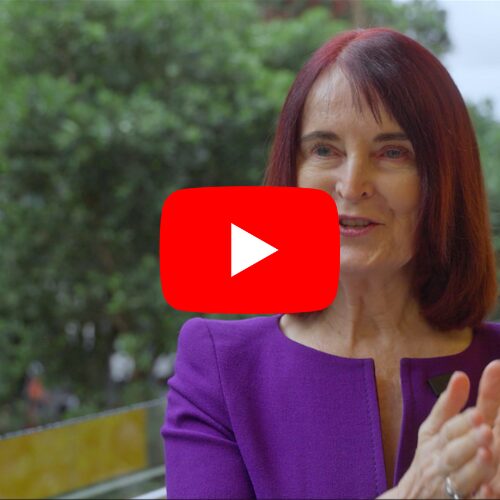
Climate Leadership Insights: The B Team Australasia
Lynette Mayne, Executive Chair of The B Team Australasia, recently visited Aotearoa New Zealand for the launch of the Climate Leaders Coalition’s new Statement of Ambition and refreshed strategy. In this Q&A, Lynette shares insights into the work of The B Team...
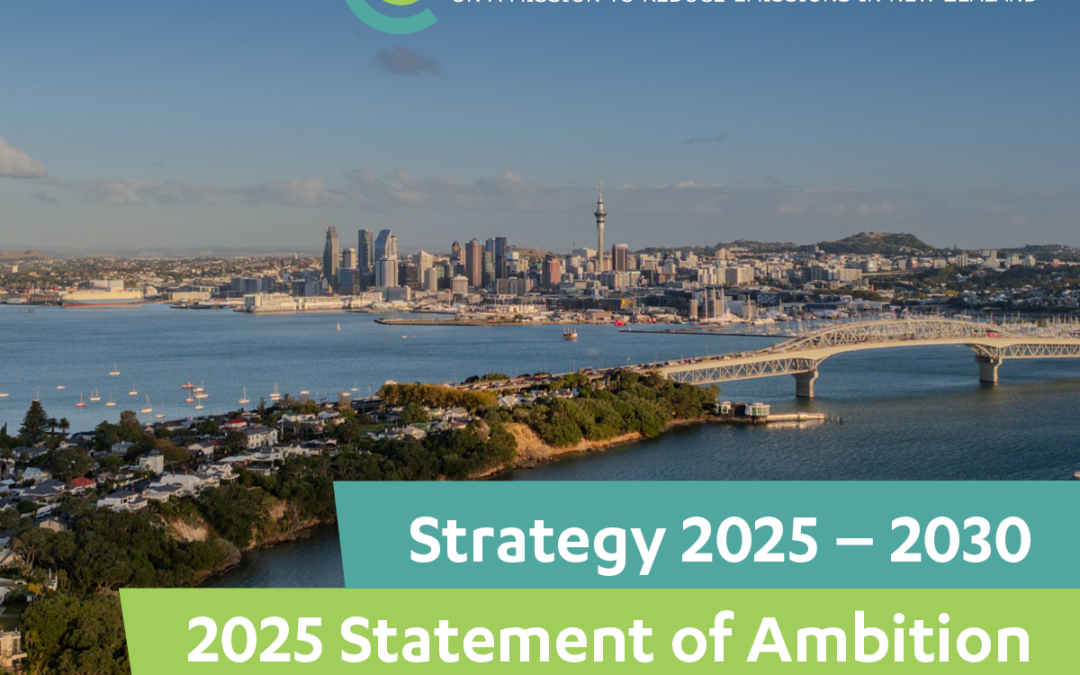
Climate Leaders Coalition launches next chapter
The Climate Leaders Coalition (CLC) is this morning unveiling a new Statement of Ambition and refreshed Strategy, marking the next step in business-led climate action in New Zealand – just as COP30 concludes in Belém.

SBC Hot Seat with Shannil Varma (CLC Manager)
This week, we've got Shannil Varma, Manager of the Climate Leaders Coalition (CLC), in the hot seat. Shannil's role sits within the Climate and Nature team at SBC (which is the secretariat organisation for CLC), and he oversees all the day-to-day operations and...
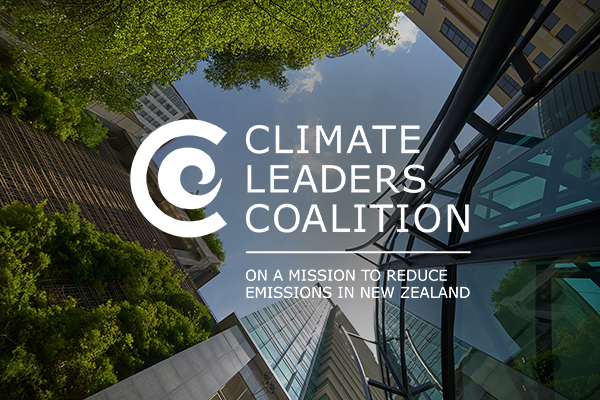
Climate Leaders Coalition re-commits to ambitious climate action with new convenor
The Climate Leaders Coalition welcomes Genesis CEO Malcolm Johns as the Coalition’s new convenor, succeeding Spark CEO Jolie Hodson MNZM. Since 2018, the CEO-led Coalition, made up of 87 signatories and accounting for around 30 percent of New Zealand’s GDP, has helped...
Search all news
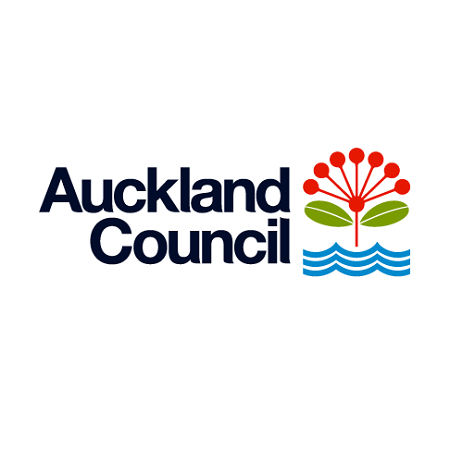
Auckland Council – tips for composting at home
If food waste were a country, it would be the third-highest emitter of greenhouse gases. Each year, Aucklanders put about 100,000 tonnes of food waste into their rubbish bins. Diverting food from landfill is one of the single biggest climate change interventions an individual can make.

Akina – 4 things businesses can do to combat climate change
Dismayed (but not surprised) by the latest climate news, Ākina CEO Louise Aitken and Communications Manager Ed Watson sat down to think about what businesses could focus on as they work out how to operate in a way that’s better for the planet.

thinkstep-anz – Catalyse change in your supply chain with responsible procurement
By prioritising suppliers that align with their environmental and social values, they can encourage a much wider range of companies to shift the dial on those issues.
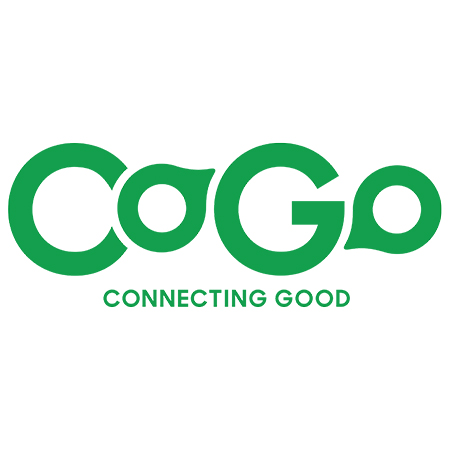
CoGo – we can all reduce our emissions through easy, everyday actions
“It could take 20-30 years to see global temperatures stabilise…” says the IPCC, but if we can control emissions, Earth will do the rest.
As we all process these findings, one thing has become clear: it’s collective action that we need to shift the dial in the right direction. This is the heart and mission behind CoGo, a free app and real-time API that helps consumers and businesses to understand, reduce and offset their carbon footprints, and align their spending with their environmental and social values. The team behind CoGo is based in Wellington and London.
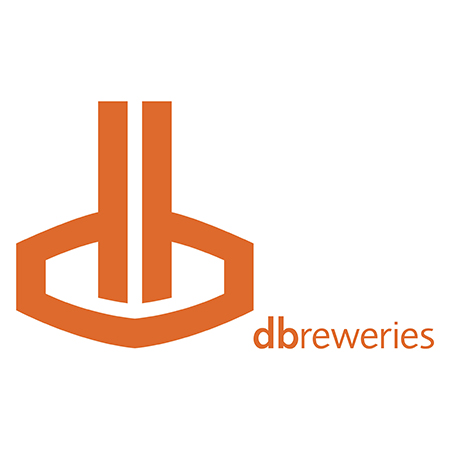
DB Breweries cutting carbon with EV forklifts
DB Breweries is reducing its annual carbon emissions by 184 tonnes with a new fleet of electric forklifts.
The fleet replaces existing LPG-powered forklifts at DB’s two largest production sites, Waitemata Brewery in Auckland and DB Draught Brewery in Timaru. The carbon reduction equivalent to 350 return flights between Queenstown and Auckland.

Firstgas – The role for hydrogen in decarbonising Oceania’s gas grids
Leading global hydrogen publication, H2 View features interviews with Firstgas Group and the Australian Gas Infrastructure Group (AGIG) about the role for hydrogen in decarbonising Oceania’s gas grids, and how both companies plan to power homes in the future with zero carbon gas.

The group looking into recycling New Zealand’s EV batteries
Right now, electric vehicles are arguably the most polarising aspect of New Zealand’s motor industry. While some people love the idea, others pick apart the flaws until the cows come home.
One of the biggest arguments against electric vehicles is the idea that batteries are useless once they’re done their time in a car, and can’t be recycled in New Zealand.
One Kiwi group that’s looking to offer an EV battery recycling service in New Zealand goes by the name of B.I.G or Battery Industry Group, and is made up of some of our country’s heavy hitters in the electric industry.
Formed in 2018, B.I.G includes entities like the AA, Vector, Audi, the Motor Industry Association, and more.

CLC and SBC join forces with EDS to host Climate Change and Business Conference 2021
The Climate Leaders Coalition has joined forces with SBC and EDS to host this year’s Climate Change and Business Conference.
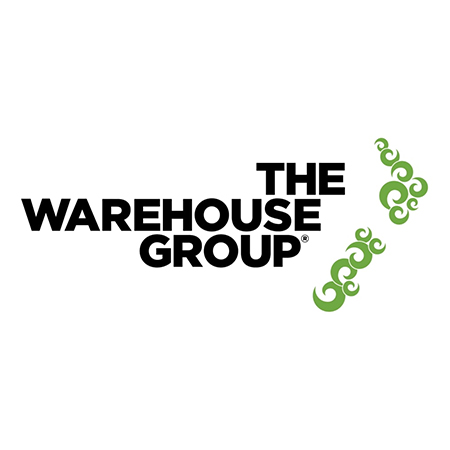
The Warehouse Group – soft plastic recycling arrives in Hawke’s Bay
Hawke’s Bay residents can now recycle their soft plastic packaging at The Warehouse stores in Hastings and Napier, as part of the Packaging Forum’s Soft Plastic Recycling Scheme.

Firstgas – Joint study reveals biomethane could offset half of residential gas use
A joint study by Beca, Firstgas Group and Fonterra reveals renewable gas is a viable, untapped solution to decarbonising New Zealand’s residential natural gas network right now, with the potential to replace nearly 20% of New Zealand’s total gas usage by 2050.

Lion New Zealand’s 2020 Sustainability Achievements And Future Ambitions
New Zealand’s first large-scale carbon zero beverages company Lion has released its 2020 Sustainability Report highlighting the progress it’s making in emissions and water use reduction and the growing success of its Alcohol&Me education program.

Lion Sustainability Report 2020
Lion Sustainability Report 2020
